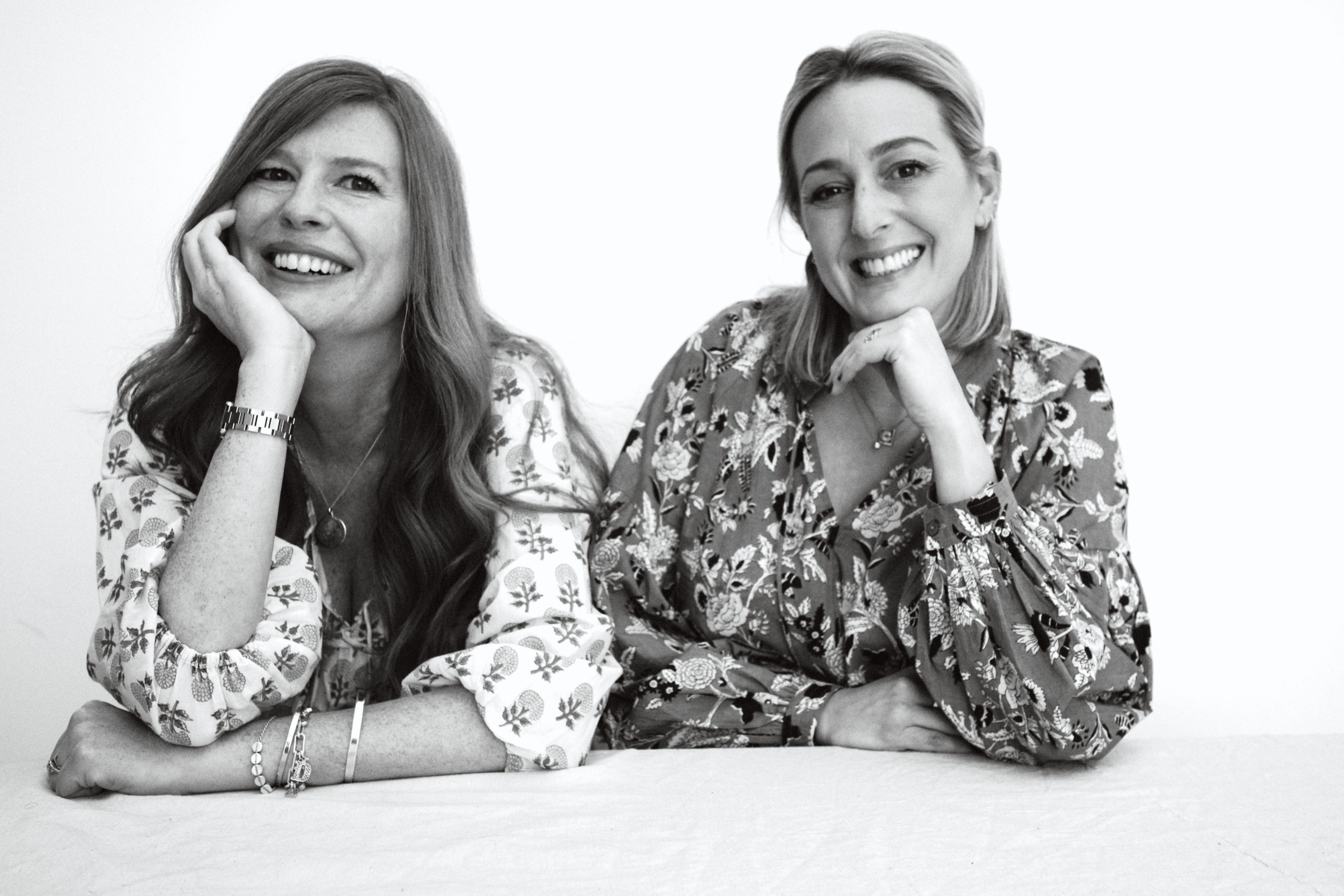Part 1: Brooklyn moms share how they manage careers and families
A three-part series about amazing women

This is the first article in a three-part series about amazing women in Brooklyn. The next two pieces will be published in the near future.
The challenges of raising children in this city are daunting. Working full-time can leave moms feeling stressed out and guilty about being neither a good-enough mother or good-enough worker. Sometimes the task seems impossible.
How do Brooklyn moms balance life and career?

Brooklyn Boro
View MoreNew York City’s most populous borough, Brooklyn, is home to nearly 2.6 million residents. If Brooklyn were an independent city it would be the fourth largest city in the United States. While Brooklyn has become the epitome of ‘cool and hip’ in recent years, for those that were born here, raised families here and improved communities over the years, Brooklyn has never been ‘uncool’.